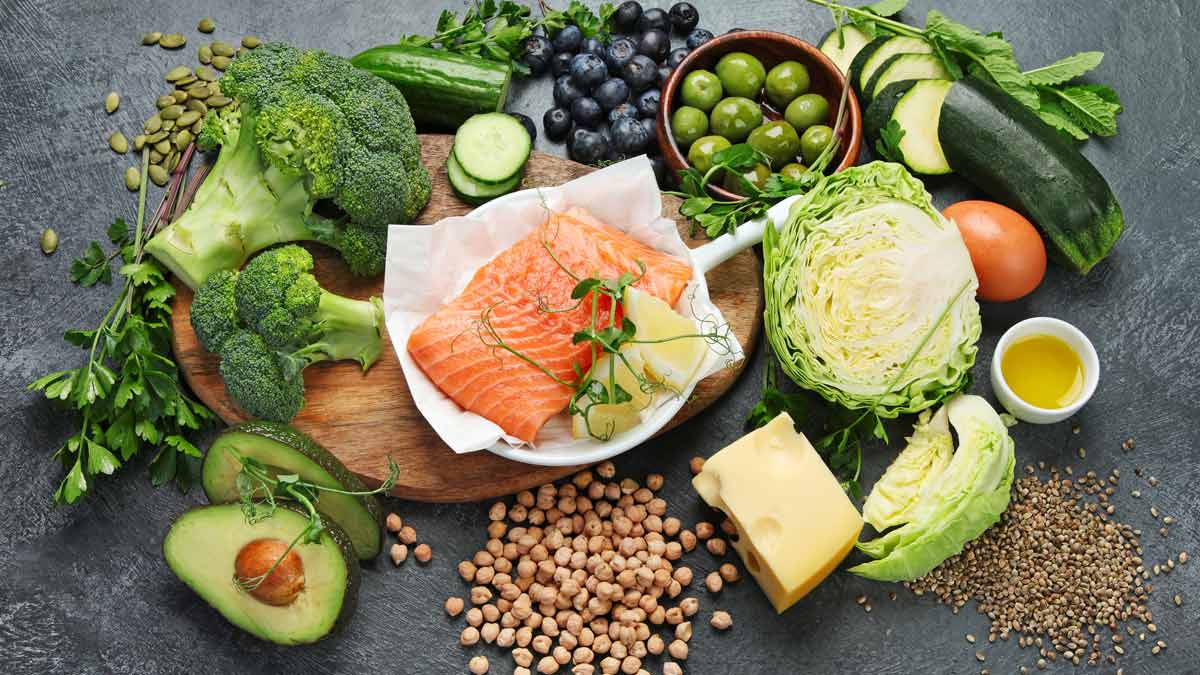In addition to leaving you feeling tired, not getting enough sleep affects various processes in your brain and body that can lead to unhealthy food choices. Sleeping too few hours may increase hormones that stimulate appetite as well as suppress those that signal satiety. At the same time, short sleep durations appear to activate the reward centers in the brain, increasing cravings for high-sugar, high-fat snack foods.
“If you have good sleep, you tend to make better choices in all aspects of your life—eating healthier foods, taking the stairs instead of the elevator,” St. Onge says. “And when you don’t have good sleep, you tend to go for the easier, less healthy choices—more processed foods, more snacks, more sugar, less exercise. And this vicious cycle perpetuates itself.” A habitually unhealthy eating pattern (that may be exacerbated by not sleeping well) can, in turn, lead to more sleepless nights.
Along with obvious sleep-wreckers like alcohol and caffeine, foods that are high in fat, sugar, and saturated fat have been shown to affect sleep quality negatively. For example, a small study led by St. Onge, published in the Journal of Clinical Sleep Medicine in 2016, found that when participants ate more sugar, refined carbs, and saturated fat, it took them longer to fall asleep and they spent less time in the deep, restorative short-wave sleep phase.
In another study, published in 2020 in the Journal of the American Heart Association, researchers looked at the diets and sleep quality of almost 500 women. They found that those who reported poor sleep quality also had worse-quality diets. For example, women who took more than an hour to fall asleep consumed over 400 calories more per day than those who routinely fell asleep in 15 minutes or less. The poor sleepers not only ate more calories per day but also consumed more sugar, more saturated fat, and less fiber.
Diets rich in ultraprocessed foods—packaged foods that are made with ingredients not typically found in home kitchens—have also been linked to insomnia. A 2024 study published in the Journal of the Academy of Nutrition and Dietetics found that people with chronic insomnia had a higher percentage of UPFs in their diets than those without insomnia. Every 10 percent increase in UPFs in the diet was linked to a 9 percent increase in insomnia risk in men and a 6 percent increased risk in women.
Source link
